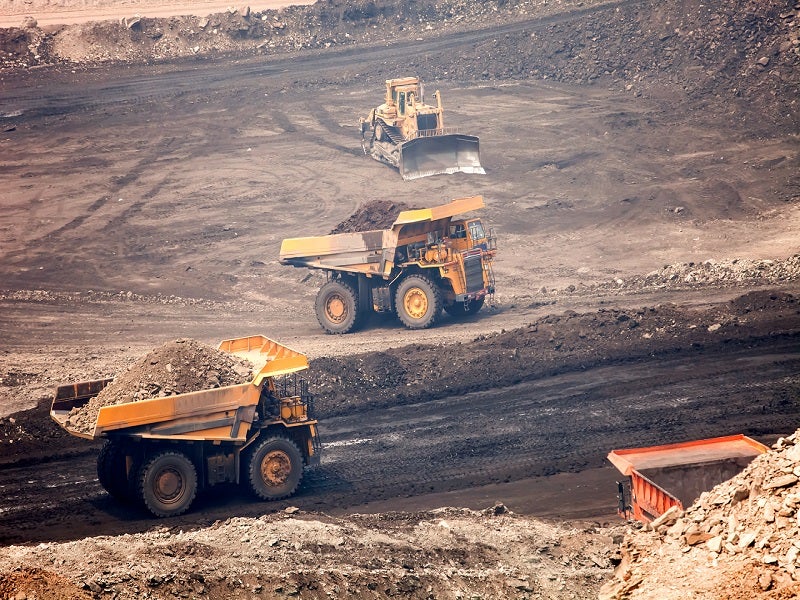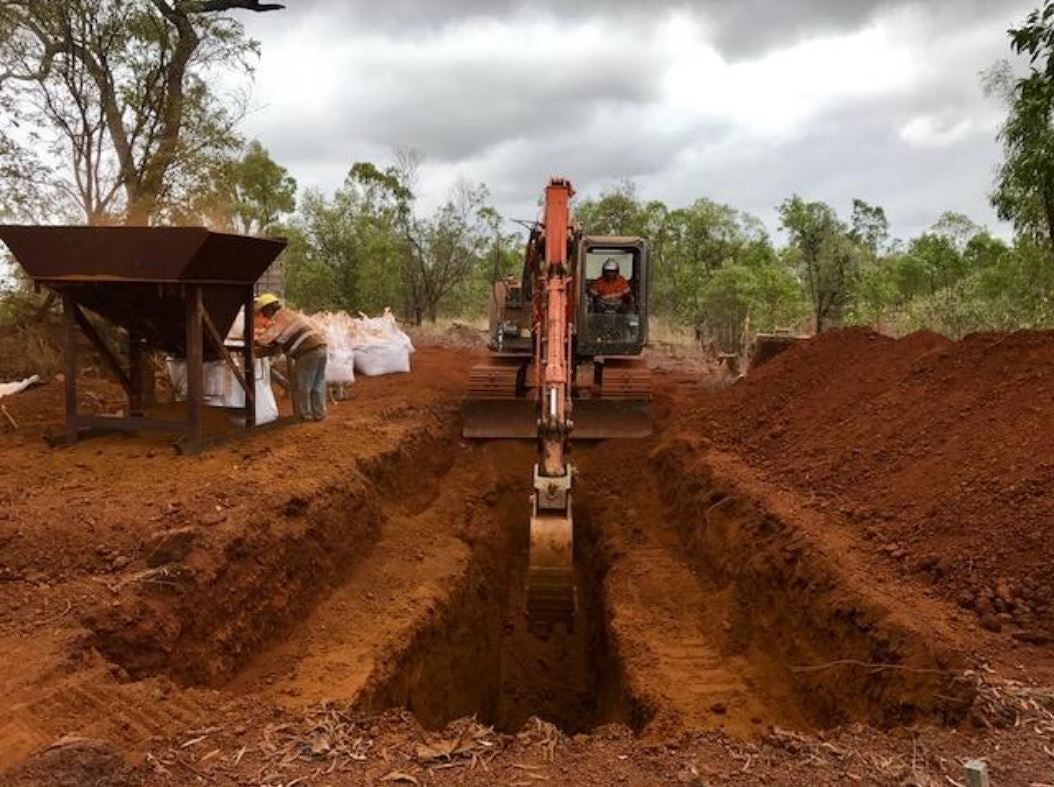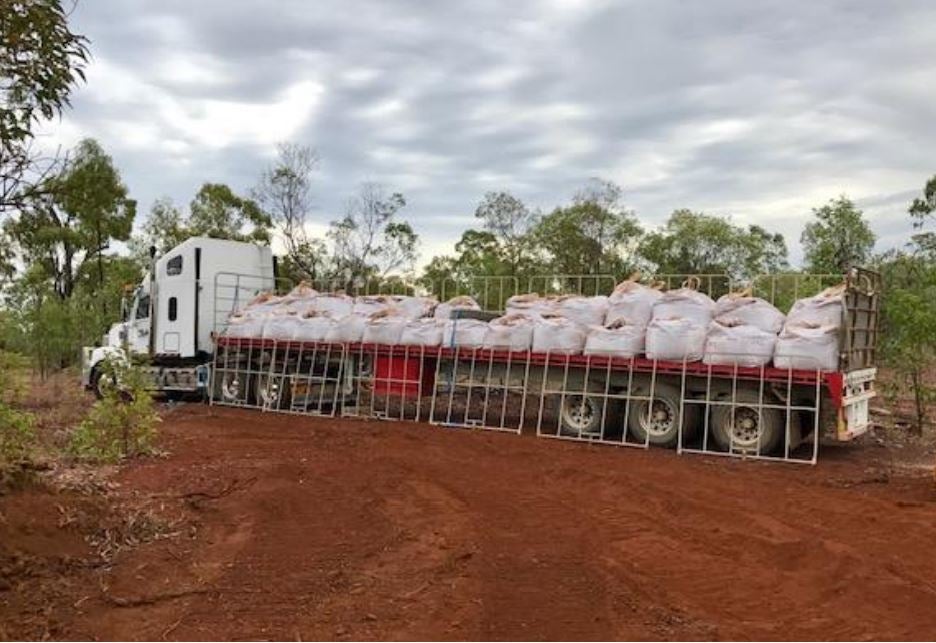The Sconi cobalt-nickel scandium project (Sconi) is an open-pit mining operation in Queensland, Australia. It is being developed by Australian Mines through its wholly-owned subsidiary, Sconi Mining Operations.
The project was initially jointly owned by Australian Mines and Metallica Minerals. Australian Mines secured full ownership of the property in December 2017.
A pre-feasibility study for the project was released by Metallica Minerals in March 2013, while the bankable feasibility study (BFS) was completed in November 2018 by Australian Mines.
The mining lease for the project was granted by the Queensland Government Department of Resources in July 2023 for a period of 25 years.
The project is estimated to have a mining life of 30 years and is expected to require an investment of $974m.
The Sconi project will create 500 jobs during its construction period and 300 jobs during its operational phase, which is set to begin in 2028.
Project location
The Sconi cobalt-nickel scandium project is located 220km northwest of Townsville in Queensland, Australia. It spans three mining licence areas: Greenvale (ML 10368), Lucknow (ML 10366) and Kokomo (ML 10342).
Geology and mineralisation
The nickel-cobalt deposits at the mine are hosted within laterite occurring on ultramafic rocks composed of serpentinites, meta gabbros and pyroxenites. The ultramafic fragments lie in the Proterozoic Shield and the Tasman Orogenic Belt. The mine comprises Proterozoic meta-sedimentary schists and meta-gabbros, Ordovician volcanogenic sediments and granitoids, apart from Devonian limestone, which is overlain by Neogene basalt.
Mineralisation at Greenvale occurs over a 4km by 2km area with a well-preserved nickel laterite profile covered by post-laterite sediments such as soil, eluvium and alluvium. Ore thickness is consistent, ranging from 3m and 10m, thinning out at the extreme western and eastern edges.
The Lucknow deposit occurs over a 4km long and 450m wide lateritic profile reaching depths of up to 35m with an average thickness between 20m and 25m. Lucknow has a lower nickel tenor compared to Greenvale, but has significantly higher cobalt grades.
Mineralisation at Kokomo occurs as an ultra-mafic complex forming an elongate north-northeast trending ridge. Kokomo features a higher-grade enrichment of scandium that is more localised compared to Lucknow.
Reserves
The proven and probable mineral reserves at Sconi are estimated at 33.89Mt grading 0.67% nickel, 0.10% cobalt and 42 parts per million (ppm) scandium.
Mining methods
The Sconi cobalt-nickel scandium project will be developed as a conventional open-pit mining operation with an overall average waste-to-ore strip ratio of 1.06. A contract-based mining operation is proposed for the entire project life.
The majority of the mining operation will be centred at the Greenvale site and a separate open pit will be developed at Lucknow, which is 10km southeast. Greenvale and Lucknow will be operated as a single-fleet mining area. Mining operations for the two sites are proposed to be operated simultaneously and will require two mining fleets.
The Kokomo open pit will be located 60km to the north-northeast of Greenvale and will be operated separately. Ore from Kokomo will be hauled to the processing plant at the Greenville site. Ore from Lucknow and Kokomo will be delivered to the Greenvale site by road trains.
Waste material will be dumped onto waste rock dumps or backfilled into pits. A proportion of the waste from Greenvale will be used to construct embankments for the dry-stacked tailings storage facilities.
Processing
The processing facility for the Sconi project will be located at the Greenville site. The processing plant will have an annual capacity of two million tonnes (Mt) of mixed nickel-cobalt hydroxide precipitate. The project will utilise a hydrometallurgical process to produce battery-grade nickel sulphate and cobalt sulphate and high-purity scandium oxide.
The run-of-mine ore will undergo crushing and grinding at the Greenville site and be either processed directly or stockpiled for rehandling.
The crushed ore product will undergo aqueous pressure leaching in an autoclave using an acidic sulphate medium to dissolve the base metals and scandium.
The autoclave leach discharge slurry will be neutralised to remove free acid and ferric iron and to convert residual ferric to ferrous iron. The neutralised slurry will be filtered and repulped twice to recover metals from the solid residue.
The metal solution will then undergo sulphide precipitation to recover a high-grade nickel/cobalt sulphide product with minimal impurities. A solvent extraction process will be used to recover scandium from the nickel/cobalt barren liquor.
The intermediate solution containing nickel and cobalt-rich sulphide will be oxidised and re-leached under medium pressure and temperature to produce a high-concentration, small-volume stream. Nickel and cobalt will be separated and extracted from the stream via solvent extraction.
The nickel and cobalt sulphate streams will be concentrated via thermal and mechanical energy input causing crystallisation of the metals in the form of sulphate hydrates.
Project infrastructure
The project site is accessible via an existing sealed road, which is part of the existing public road network connecting major sealed roads from the Port of Townsville, Townsville Airport and the town of Greenvale to Sconi.
An existing 66kV line owned by Ergon Energy, which accesses the National Electricity Market grid, is located next to the Sconi site. The Genex Power Kidston clean energy hub is also located near the project site, which can provide clean, large-scale, renewable power. Power will also be generated from high-pressure steam from the on-site mixed hydroxide precipitate process plant via a steam turbine.
The water supply requirements will be initially met by drawing two gigalitres of water from existing flooded pits at the project. Additional water will be supplemented from the nearby Burdekin River during flood periods and stored on site.
The project has also secured 13 acres of freehold land in the township of Greenvale, which will be utilised for the development of an accommodation village.
Off-take agreements
Australian Mines entered a binding long-form offtake agreement in August 2021 with LG Energy Solution (LGES), a subsidiary of LG Chem, a producer of advanced batteries for the electric vehicle industry.
LGES will purchase 71,000 dry metric tonnes (dmt) of nickel and 7,000dmt of cobalt in the form of MHP. The off-take agreement has an initial term of six years, with the potential to extend by another five years by mutual agreement.
Contractors involved
The BFS for the project was prepared by global engineering and construction company Ausenco along with various specialist consultants including CSA Global, Orelogy Consulting, AARC Environmental Solutions and Medea Capital Partners.
CSA Global, a mining consultancy, was responsible for preparing the mineral reserve estimates.
Orelogy Consulting, a specialist mine planning consulting company, prepared the ore reserves, in addition to the mine plan and mining cost inputs.
Medea Capital Partners, an advisory company, was responsible for the market and financial evaluation of the project.
Simulus Engineers, a hydrometallurgy and mineral processing services provider and part of the Simulus Group, prepared the metallurgical test work, process design, and processing costs and plant capital cost estimates.
AARC Environmental Solutions, an environmental consulting company, was responsible for the health, safety, environment, and social responsibility aspects of the BFS.






